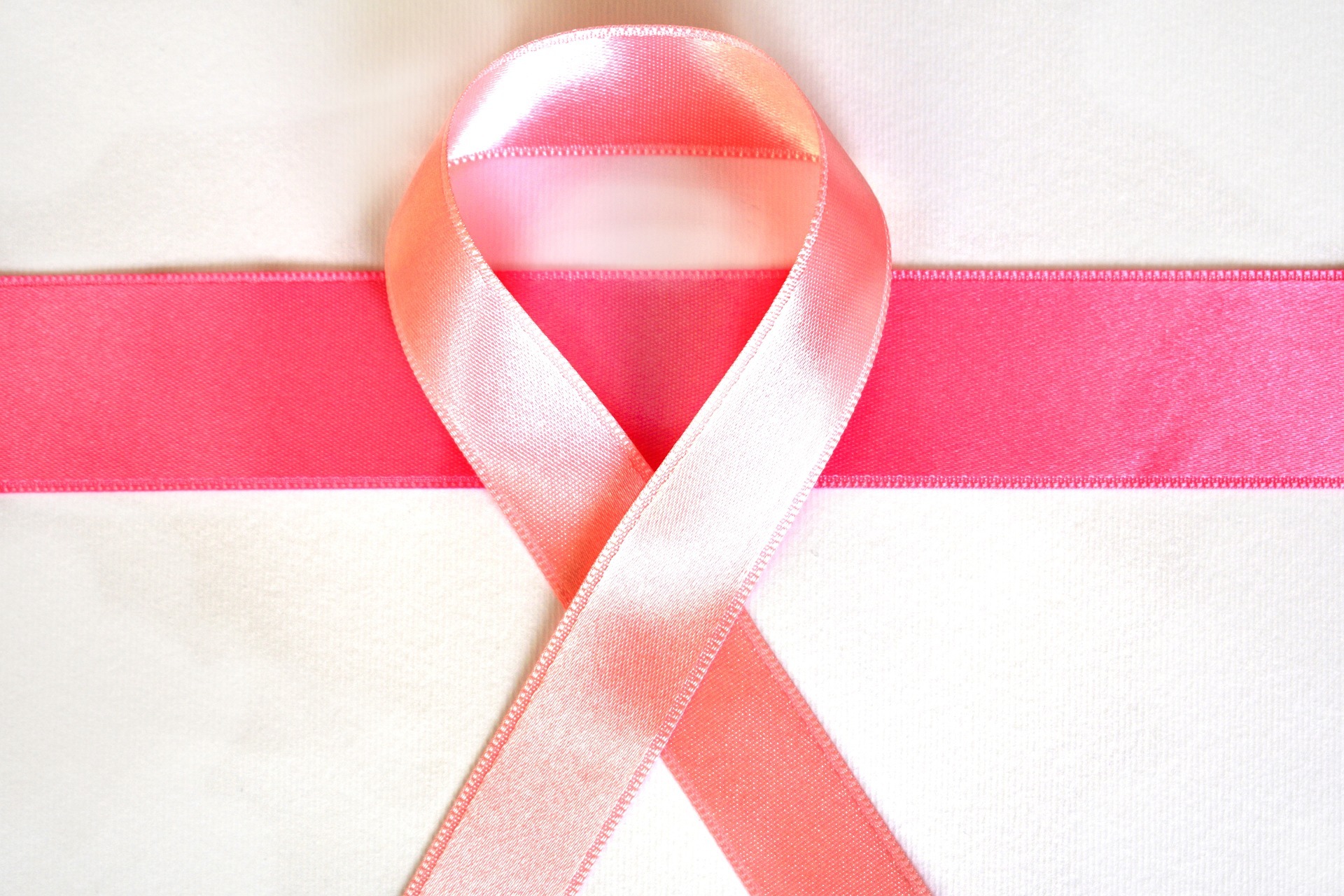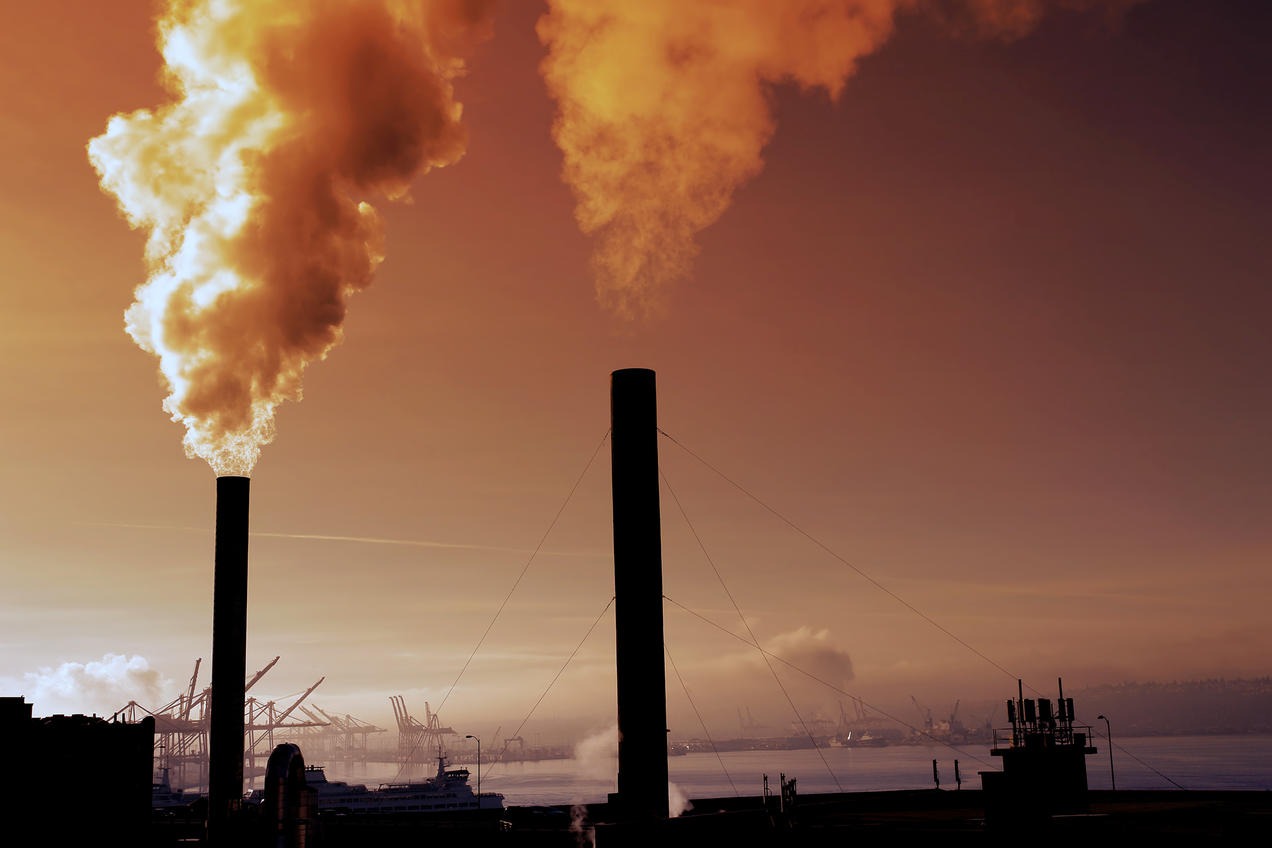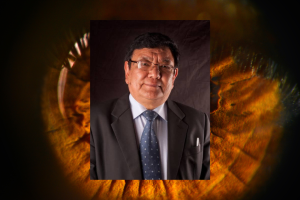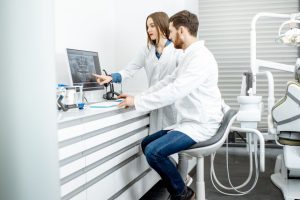Even if you don’t smoke and stay out of the sun, certain everyday habits might increase your cancer risk.
Many new potential causes of cancer pop up every month that it’s hard to know what to believe and what not.
You know smoking causes oral and lung cancer. You’re careful about sun exposures to minimize the risk of skin cancer.
But unknowingly, there are certain habits of yours that might be leading you to cancer slowly.
Because cancer is one of the leading causes of death worldwide, it’s more important to be aware of things you’re doing every day that can increase your risk.
Here are a few risky items that are particularly hard to avoid but increases your cancer risk:
Getting Your Nails Done
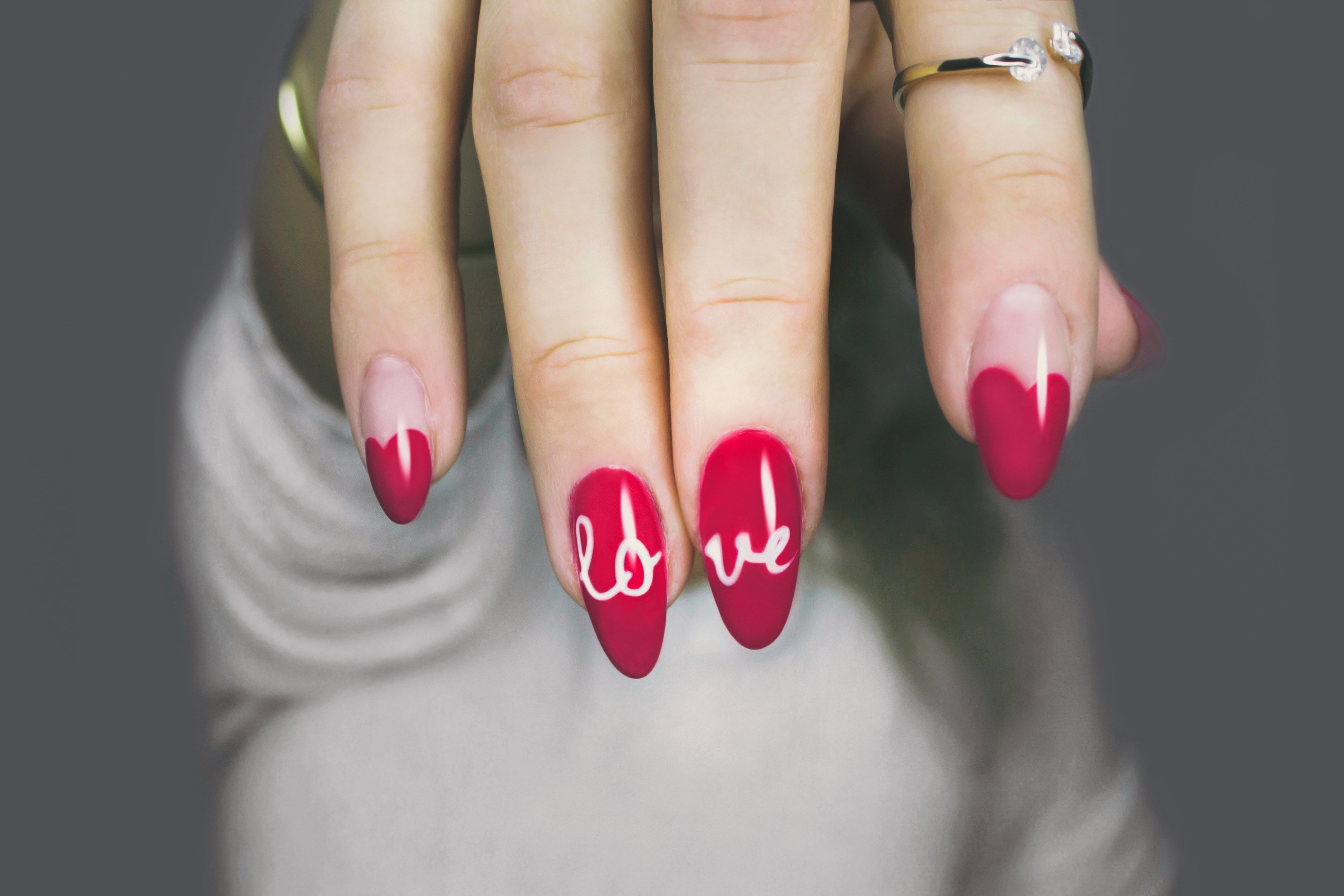
There has been massive rise in consumers getting their nails done for fashion and style nowadays.
But sadly, many people don’t not know that nail polished traditionally contain cancer-causing compounds.
Chemicals like triphenyl phosphate, toluene, and dibutyl phthalate in nail products can cause high chance of cancer.
The danger of getting your nails done doesn’t just impact clients but the manicurists as well.
They are also at increased risk of being diagnosed with multiple myeloma.
If you’re a manicurist or simply love getting your nails done, make sure to only go to salons providing gloves and masks.
Eating Charred Meat
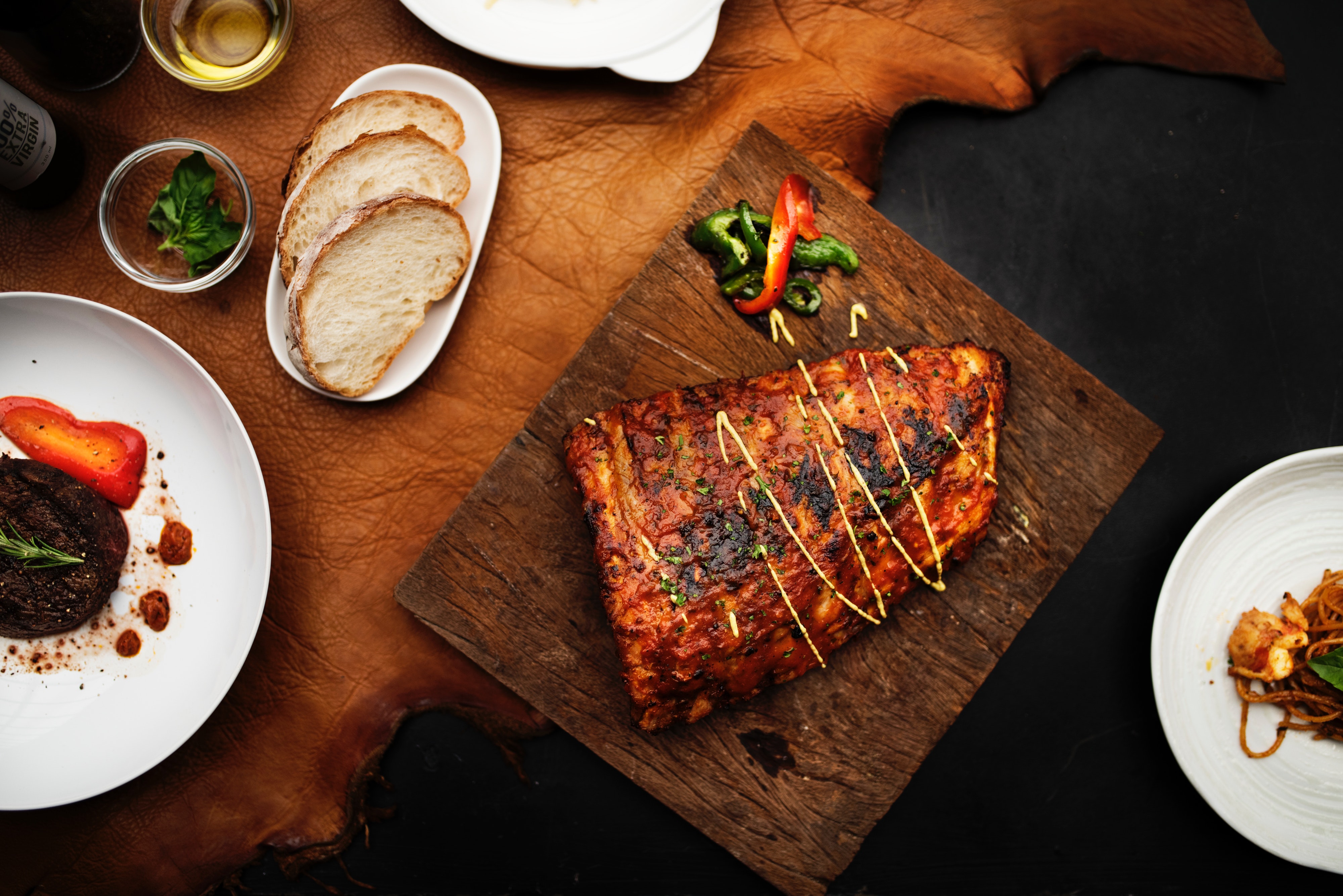
When people eat meat, they tend to like it overcooked. The big issue is that cooking meat at high temperature can form chemicals causing cancer.
NIH reported that when we cook meat at high temperatures such as frying pan or grilling over an open flame it forms chemicals.
It forms cancer causing chemicals like heterocyclic amines and polycyclic aromatic hydrocarbons.
So, if you do cook meat, make sure it’s not getting over-done or ditch it altogether.
Drinking Tap Water
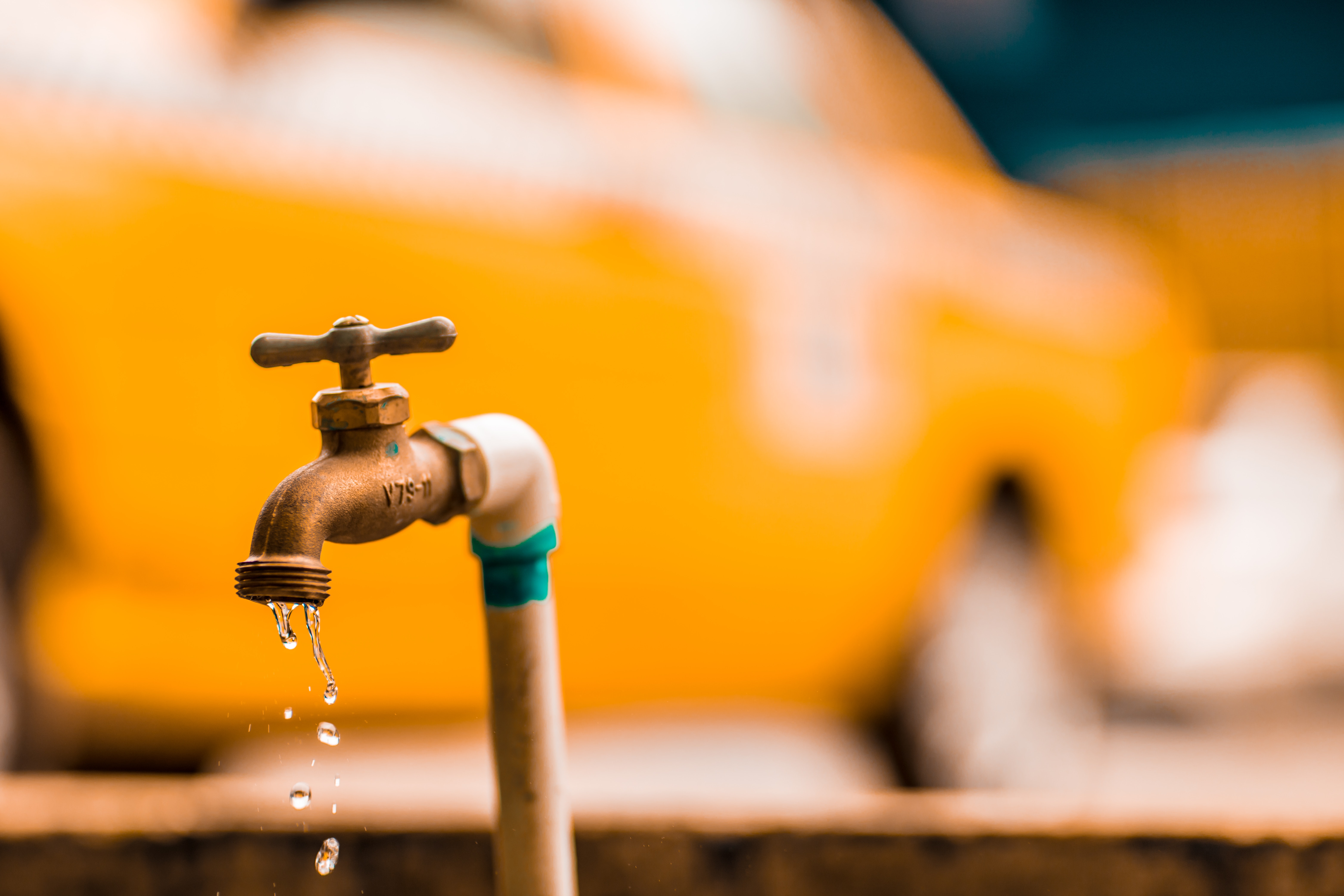
We all know that drinking unfiltered tap water can be dangerous to our health from the very beginning.
Tap water and the potential compounds contains chromium-6 which is dangerous for health.
And while most tap water goes through some sort of filtration before coming to your house, that doesn’t mean it’s safe.
The best option is to invest in your own water filter, whether through a pitcher or by installing a secondary filtration system.
You should also regularly check to see what chemicals may be in your tap water to avoid the risk of cancer.
Sitting Around Too Much

Many adults work sedentary jobs, sitting at a desk for eight or more hours every day which is high risk for cancer.
Adults get at least 150 minutes of moderate-intensity activity every week, spread out over several days.
If you’re not getting exercise, you’re in danger of developing colon cancer, breast cancer, or endometrial cancer.
However, increasing the activity in your life can help improve your immune system, reduce inflammation, and eliminate cancer.
Over-Serving Yourself
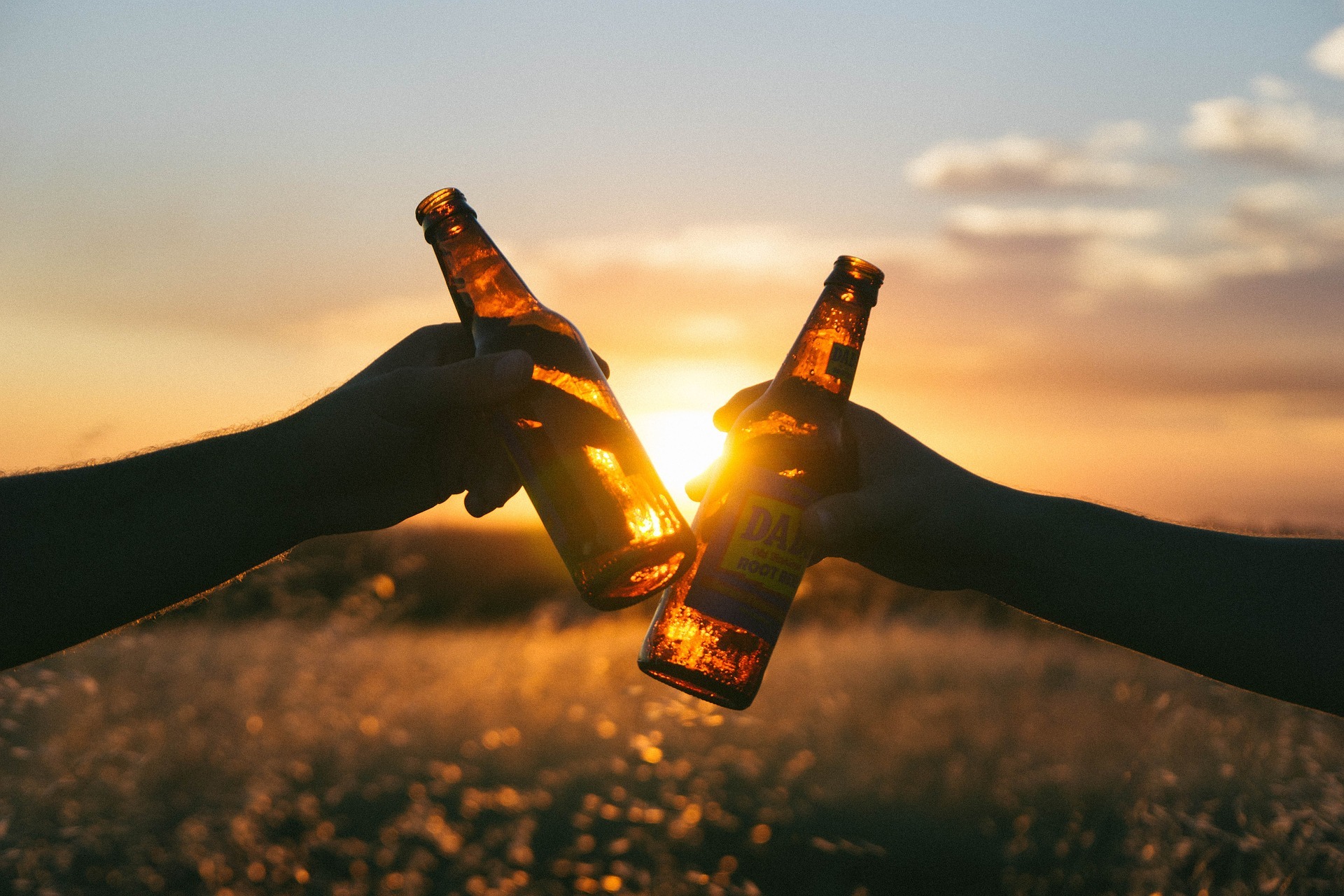
Having a drink here and there is totally fine, but when you’re downing alcohol on the daily 1 or 2 drinks per day, that’s a problem.
According to the American Cancer Society, overdrinking has been linked to a higher risk of throat, liver, colon, and breast cancer.
That doesn’t mean you have to skip hanging out with friends who drink. Just limit your intake by sipping on something non-alcoholic instead.
Using Plastic Water Bottles
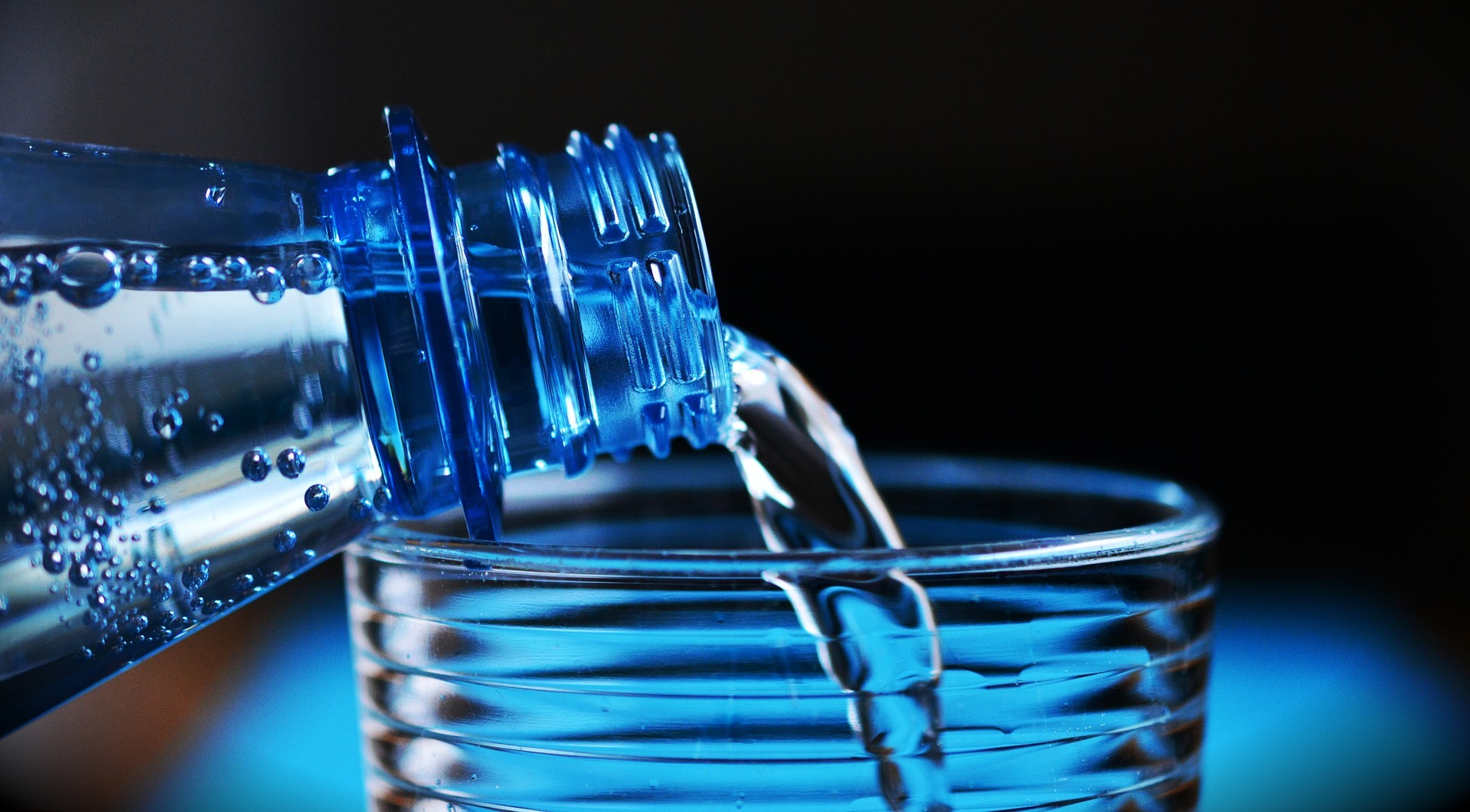
If your go-to water bottle id plastic, you might want to switch to something glass or steel to avoid the risk of cancer.
Some research suggests that plastic beverage containers contain potentially harmful chemicals like BPA.
BPA is a weak synthetic hormone that could mess with your body’s hormonal balance, potentially causing breast cancer.
So, to avoid the risk of cancer, try having water in steel or glass water bottles.
Working Late Shift

The connection between sleep and cancer is still a developing filed of research.
Yet, several studied have claimed that there’s a link between poor sleep and increased cancer risk.
People with circadian rhythm disorders may have a higher rate of breast and prostate cancer.
Those most commonly at risk of sleep disorders include people who work overnight or graveyard shifts.
So, if possible, avoid working a job that requires odd hours and try to ensure getting regular sleep.
Getting Clothes Dry-Cleaned
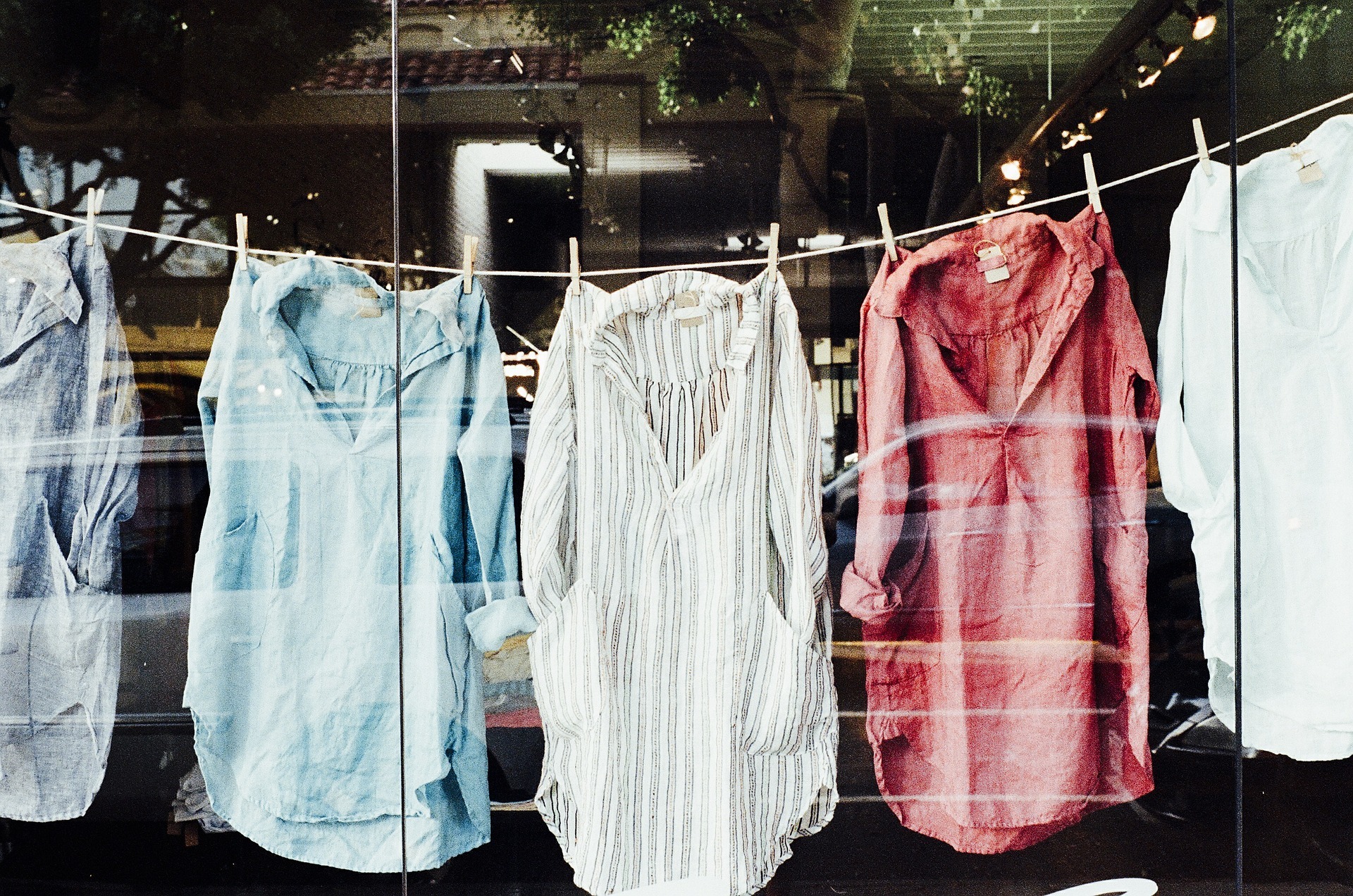
When you’re preparing for a special event, you want to look your best so you get it dry-cleaned.
However, most dry cleaning processes use a chemical called “perc”.
According to the Environmental Working Group, some brand-name liquid laundry detergent contains 1,4-dioxane, a chemical that could potentially be cancerous.
If you work in a dry cleaner or regularly get your clothes starched or pressed, you may be at higher risk of cancer.
Eating Red Meat

Red meat can contain nitrated and nitrites like all other processed meat, causing high risk of cancer.
However, even without these compounds, the process of cooking and eating red meat can expose you to other cancer-causing compounds.
The American Institute of Cancer Research recommends eating less than 18 ounces of red meat per week to avoid cancer.
Lowering you consumption of burgers and other red meat, including lumps and pork can avoid the risk of cancer.
Exposure to Air Pollution
We all know that air pollution is extremely dangerous to our health. Many components of air pollution have already been classified as carcinogens.
The International Agency for Research on Cancer has classified outdoor air pollution as a whole as a cancer-causing agent.
Particulate matter is a major part of outdoor air pollution, causing high risk of lung and bladder cancer.
Radiation Exposure
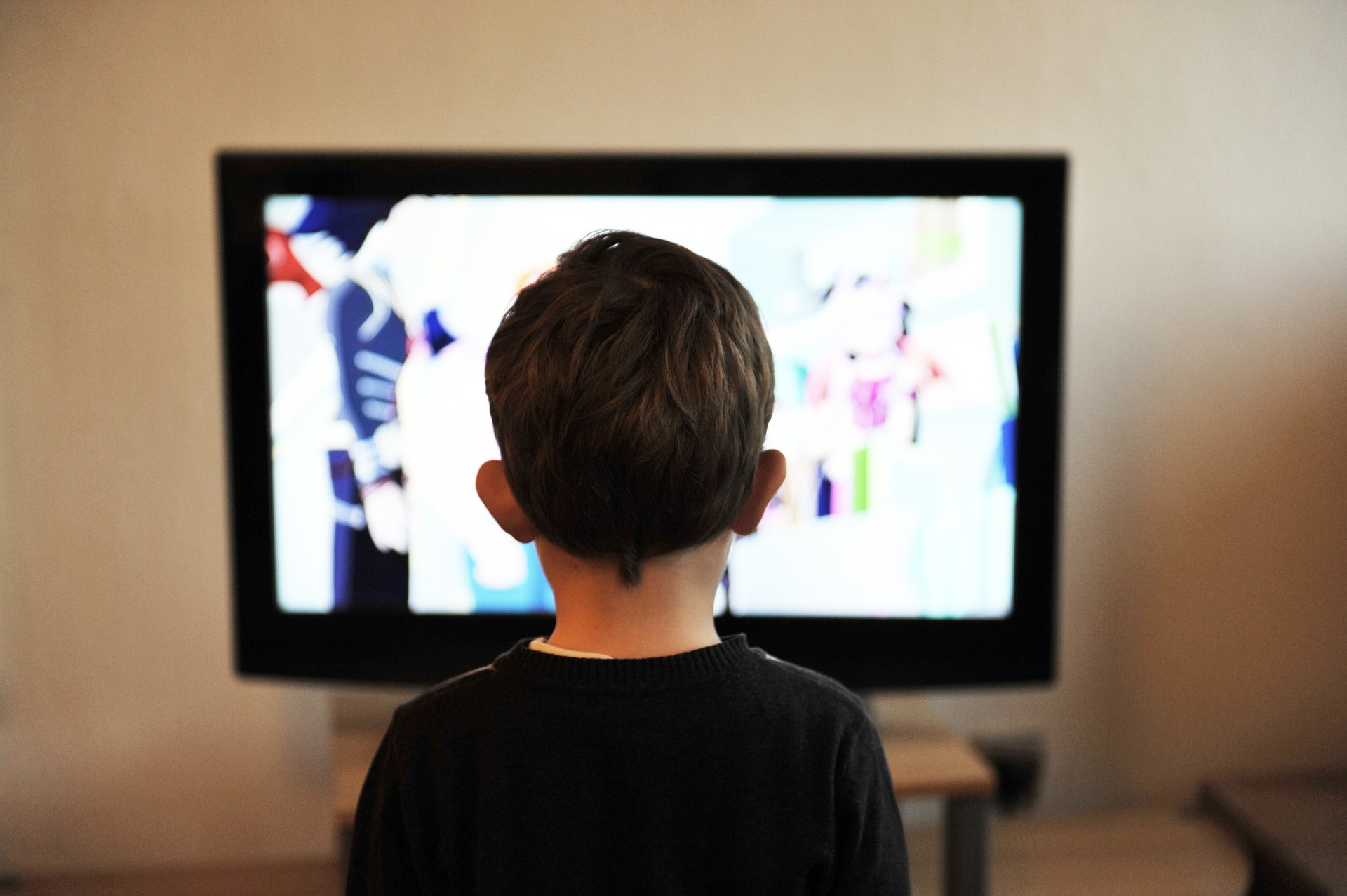
Radiation exposure causing cancer seems fairly obvious. Exposure to high amounts of radiation is dangerous and can damage your tissues.
Even frequent exposure to small amounts of radiation can, over time, be hazardous to your health.
Moreover, radiation can come from unexpected places, like TV, cell phone, or even, your car.
While the people at highest risk are those who work around radiation every day, it’s essential to monitor your radiation exposure.
Try to stay out of the sun and protect yourself from UV light to avoid the risk of cancer.






